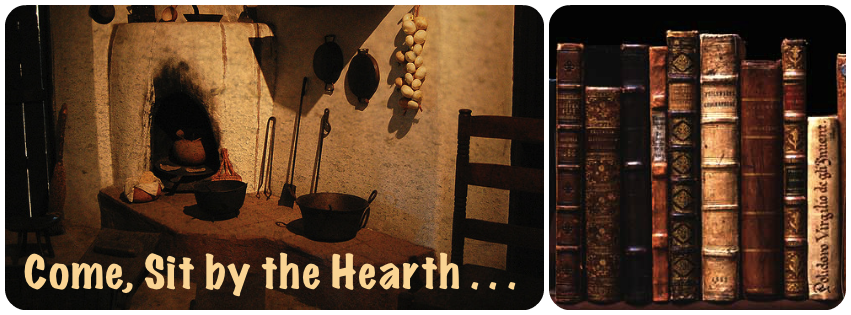from: To name the unnameable,
"A poet's work. To name the unnameable, to point at frauds, to take sides, start arguments, shape the world and stop it from going to sleep."- the satirical poet, Baal.
"Give me the liberty to know, to utter, and to argue freely according to conscience, above all liberties"
It is this idea of speech as intrinsically good that has been
transformed.
Today, free speech is as likely to be seen as a threat to
liberty as its shield. By its very nature, many argue, speech damages
basic freedoms. It is not intrinsically a good but inherently a problem
because speech inevitably offends and harms. Speech, therefore, has to
be restrained, not in exceptional circumstances, but all the time and
everywhere, especially in diverse societies with a variety of deeply
held views and beliefs. Censorship (and self-censorship) has to become
the norm. "Self-censorship", as the Muslim philosopher and spokesman for
the Bradford Council of Mosques Shabbir Akhtar put it at the height of
the Rushdie affair, "is a meaningful demand in a world of varied and
passionately held convictions. What Rushdie publishes about Islam is not
just his business. It is everyone's – not least every Muslim's –
business."
Increasingly politicians and policy makers, publishers and festival organizers, liberals and conservatives, in the East and in the West, have come to agree. Whatever may be right in principle, many now argue, in practice one must appease religious and cultural sensibilities because such sensibilities are so deeply felt.
Increasingly politicians and policy makers, publishers and festival organizers, liberals and conservatives, in the East and in the West, have come to agree. Whatever may be right in principle, many now argue, in practice one must appease religious and cultural sensibilities because such sensibilities are so deeply felt.
We live in a world, so
the argument runs, in which there are deep-seated conflicts between
cultures embodying different values. For such diverse societies to
function and to be fair, we need to show respect for other peoples,
cultures, and viewpoints. Social justice requires not just that
individuals are treated as political equals, but also that their
cultural beliefs are given equal recognition and respect. The avoidance
of cultural pain has, therefore, come to be regarded as more important
than the abstract right to freedom of expression. As the British
sociologist Tariq Modood has put it, "If people are to occupy the same
political space without conflict, they mutually have to limit the extent
to which they subject each others' fundamental beliefs to criticism."
What the anti-Baals of today most fear is starting arguments. What they
most want is for the world to go to sleep.
The consequence of all this has been the creation not of a less
conflicted world, but of one that is more sectarian, fragmented and
tribal.
As the novelist Monica Ali has put it, "If you set up a
marketplace of outrage you have to expect everyone to enter it. Everyone
now wants to say, 'My feelings are more hurt than yours'."
The more that policy makers give license for people to be offended, the more that people will seize the opportunity to feel offended.
The more that policy makers give license for people to be offended, the more that people will seize the opportunity to feel offended.
It leads to the
encouragement of interest groups and the growth of sectarian conflict.
(all emphasis mine)


No comments:
Post a Comment